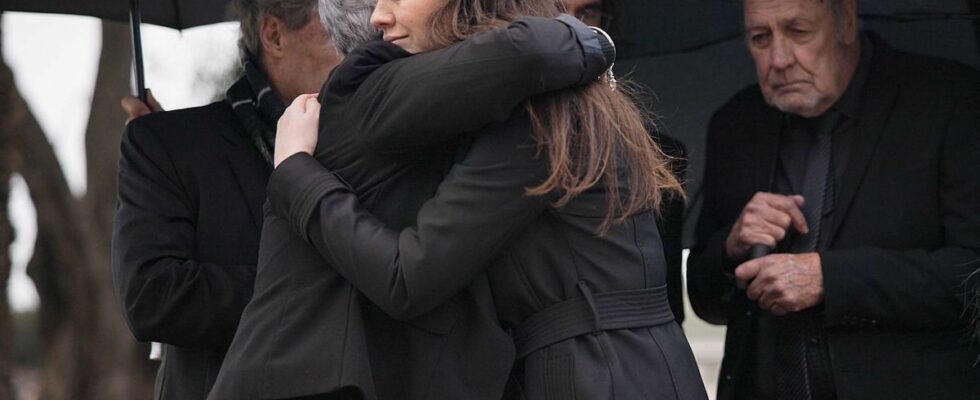Published on
updated on
Reading 2 min.
in collaboration with
Johanna Rozenblum (clinical psychologist)
On Netflix, the Mexican series Accidente is a hit at the end of August. An intense series about an accident that takes the lives of three children and their parents, between despair, resilience and a desire for revenge. An opportunity to ask the question: is finding someone to blame in an accident essential for the victims’ families?
The Mexican series Accidental seems to be THE sensation of this end of summer on Netflix. Dethroning Emily in Paristhe subject is much more gloomy and gripping since it speaks, as its name indicates, of a tragic accident involving children, and its consequences.
An intolerable accident as a backdrop
The first images set the context without detour. During a birthday party bringing together several friends and families, a strong gust of wind creates drama: an inflatable structure flies away, taking with it several children, three of whom die, a little girl also disappears. The series, which is in its first season, thus delves into the tangle of emotions of those close to them, faced with tragedy: doubt, anger, sadness, need for revenge and quest for justice. It is above all the need to find a culprit (the story is, of course, more complex than it seems) that drives the characters.
Is finding a culprit essential in accidental bereavement?
Of course, the series plays on the heartstrings, between the loss of a child, the desire for revenge, against a backdrop of settling scores (it’s a Netflix series!). But it touches on an important point: is finding someone to blame in an accident that may seem absurd necessary to move forward and to grieve ? “It depends, mourning is very personal,” answers Johanna Rozenblum, clinical psychologist.
So, for many, as we can see in various news items, the search for the culprit in an accident is often the priority, to which we cling.
“There is no worse tragedy for a parent than surviving one’s child. The suffering is such that if you add to this shock the feeling of injustice it becomes intolerable.”
In this context, finding a culprit can help to give meaning to the absurdity of the event. But this is not the case for everyone.For others, on the contrary, it is a work of resilience extreme and acceptance of the tragedy that will come first, because they do not want to tip over into anger. But knowing whether finding the culprit feels good or not is difficult to say, the management of these emotions is very personal.”
Can justice bring peace to families?
Who says guilty, also says rendering justice, and making “pay” in some way the people at the origin of an accident. But here again, this step, if it is necessary in the process of reparation, is it really beneficial to the family in search of answers, on a psychological level?
The answer is also more nuanced.In 100% of the cases encountered, victims or their families need to see justice done, after a bereavement caused by a third party. But quite regularly, families also realize with great bitterness that this is disappointing, that the sentence is too minimal for their taste. In addition, hearing the facts again (justice takes a long time) does not always improve the resilience process,” emphasizes our expert.
Faced with such a tragedy, if the desire to point out a fault, and if the thirst for justice is necessarily there, it is not necessarily these feelings which will appease the victims.And besides, as a psychologist, when you support a victim or their family with the aim of an investigation, the important thing is above all to prepare people for the fact that they may not necessarily get the answer they are expecting.”
